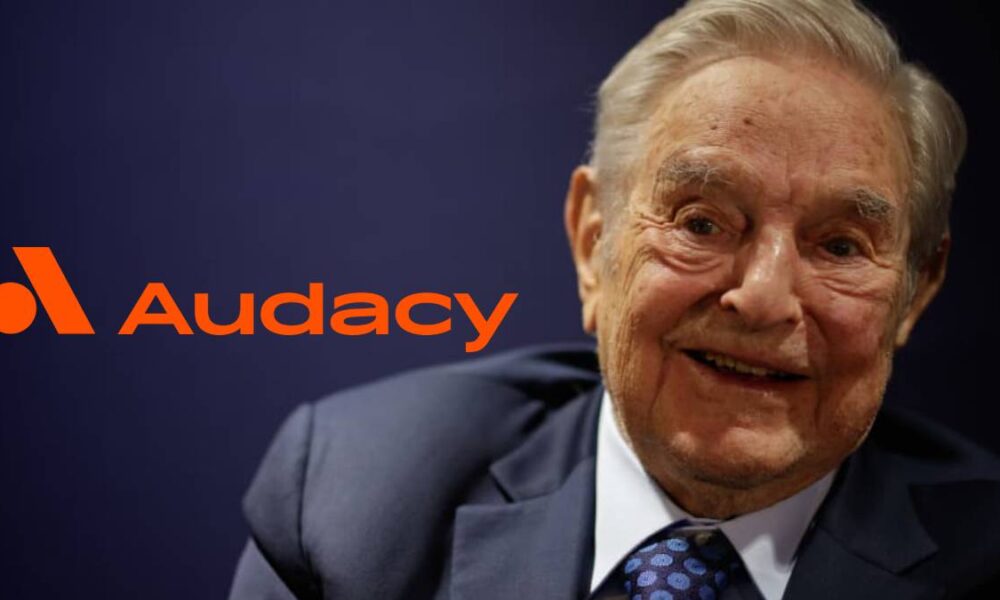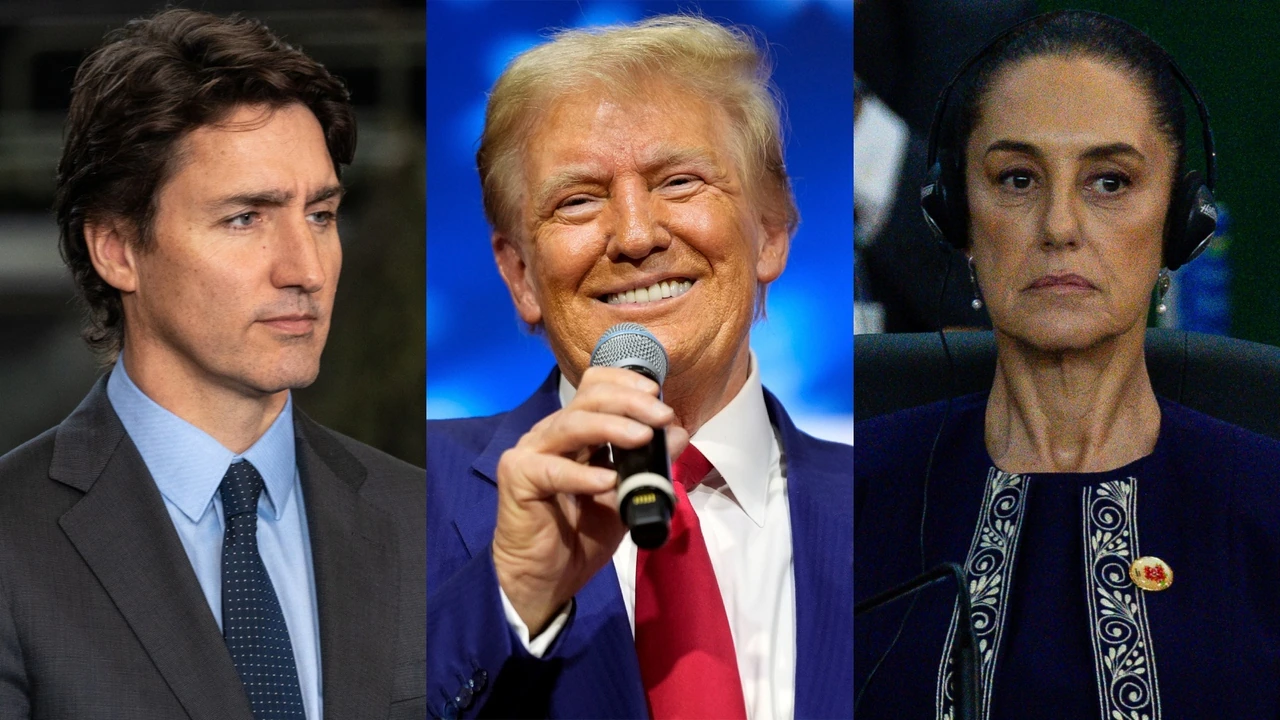In a controversial move, the Federal Communications Commission (FCC), dominated by a Democratic majority, has expedited George Soros’ acquisition of Audacy, one of the nation’s largest radio networks.

This decision, facilitated by crucial FCC waivers, has ignited fierce opposition among conservative lawmakers and commentators who view it as an attempt to stifle right-wing voices in the media landscape.
In February, Soros Fund Management reportedly purchased $400 million of debt in Audacy, which is the No. 2 U.S. broadcaster behind iHeartMedia.
Audacy, which owns more than 220 stations nationwide and reaches 165 million monthly listeners, features a number of conservative shows from hosts that include Erick Erickson, Sean Hannity, Mark Levin, and Dana Loesch.
Audacy’s portfolio includes influential stations such as KMOX in St. Louis, WBEN in Buffalo, and KRLD in Dallas. These stations have long been platforms for conservative voices, fostering robust debate and providing a counterbalance to mainstream media narratives.
Brendan Carr, one of two Republican members of the five-member Federal Communications Commission, warned Thursday on Newsmax about an effort by a foreign company founded by liberal billionaire George Soros that is seeking to fast-track the purchase of more than 200 radio stations in the U.S.
FCC rules prohibit giving a radio station license to a company if more than 25% of its controlling interest is held by a foreign individual, government, or entity. To assume control of Audacy, the FCC would need to make an exception for Soros Fund Management.
Congressman Chip Roy (R-TX), also a vocal critic of the acquisition, stated, “George Soros has a clear track record of using his vast resources to influence political outcomes and narratives. His takeover of Audacy is a direct threat to the free flow of diverse ideas that are foundational to our democracy”.
Rep. Roy has called for congressional hearings to investigate the FCC’s approval process, advocating for reforms that would prevent similar occurrences in the future.
“We cannot allow regulatory bodies to be weaponized to serve partisan agendas. The integrity of our media and the diversity of voices within it must be protected”, Roy insisted.
The implications of this takeover extend beyond mere media ownership. It touches upon the broader issue of free speech and the ideological battles that are increasingly shaping the public discourse.
For many conservatives, the Soros acquisition represents not just a business transaction, but a strategic maneuver to control the narrative and influence public opinion ahead of critical election cycles.
A senior executive at one of Audacy’s conservative stations, who requested anonymity due to the sensitive nature of the issue, remarked, “There’s a palpable fear that our editorial independence will be compromised. We’ve seen this playbook before—gradual shifts in policy and content guidelines that align with the new owner’s ideological leanings. It’s a slow but deliberate process” .
As the dust settles on this contentious acquisition, the debate over media ownership and its impact on public discourse is likely to intensify. The conservative movement, feeling increasingly besieged by what it perceives as a coordinated effort to marginalize its voice, is gearing up for a protracted battle to reclaim its space in the media landscape.
In the interim, the spotlight remains on the FCC and its decision-making processes, with calls for greater oversight and reforms growing louder. The Audacy takeover by Soros has not only reshaped the radio industry but has also ignited a broader conversation about the balance of power in American media and the safeguarding of free speech in a deeply polarized society.
Eric Thompson Show Podcast

